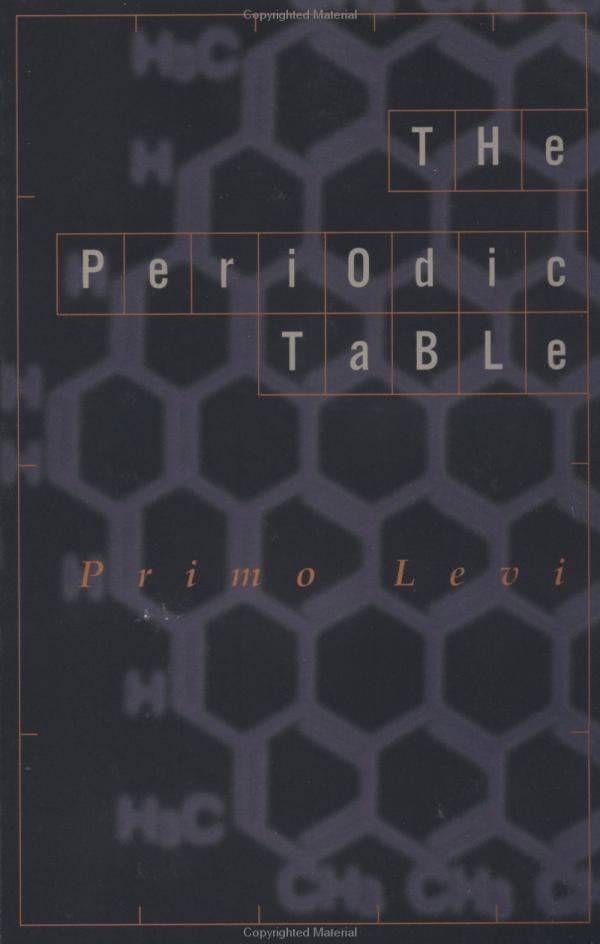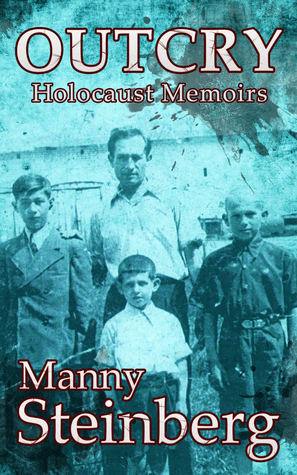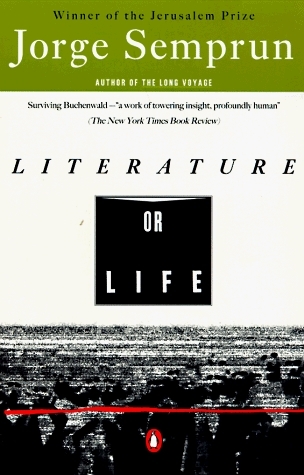
Moments of Reprieve
Book Description
In the darkest corners of humanity, where hope flickers like a dying ember, 'Moments of Reprieve' illuminates the fragile beauty of survival. Through haunting tales of courage and camaraderie, Primo Levi invites you into a world where despair battles against fleeting glimmers of joy. With each gripping narrative, the stark realities of life in a concentration camp clash with moments of unexpected tenderness and humor. As Levi captures the essence of resilience, he raises a crucial question: in a landscape riddled with suffering, can the human spirit find solace in fleeting moments of light?
Quick Book Summary
"Moments of Reprieve" by Primo Levi is a profoundly human collection of vignettes drawn from his time in the Auschwitz concentration camp. Through a series of brief stories, Levi introduces us to fellow prisoners and the rare, fragile moments of grace and kindness that punctuated the brutality of camp life. Each story examines the unpredictable sparks of humanity—whether an act of generosity, a humorous exchange, or a small gesture of recognition—that briefly lifted the heavy darkness. Without romanticizing suffering, Levi honors these fleeting moments for their power to restore dignity and reaffirm identity, even when both seemed all but lost. Ultimately, the book explores the delicate balance between despair and solace, revealing how, in the harshest conditions, the smallest moments of reprieve can have lasting significance.
Summary of Key Ideas
Table of Contents
The Fragility and Resilience of Humanity
Primo Levi’s "Moments of Reprieve" is structured as a collection of brief sketches, each centered on an individual or event that offered a pause in the relentless suffering of concentration camp existence. Levi focuses on specific moments where brutality was interrupted by unforeseen acts of kindness, humor, or solidarity. Rather than providing a chronological account, he layers memories to reveal the multifaceted nature of survival under the most dehumanizing circumstances. Through his compassionate lens, the stories illuminate the complexity of the human condition when pushed to its limits.
Unexpected Kindness Amidst Brutality
A core theme is the fragility and endurance of humanity in an environment designed to strip it away. Levi details encounters with fellow prisoners who, through small acts—a shared crust of bread, a joke told at the right moment—manage to maintain dignity and connection. These gestures become lifelines, underscoring the resilience of the human spirit and the capacity to offer solace even in darkness. Often, these experiences did not last, but their impact was significant, showing that even the fleeting could provide crucial psychological sustenance.
The Importance of Relationships and Solidarity
Levi’s stories highlight relationships formed under extreme circumstances, revealing how solidarity fueled survival. Camaraderie often emerged unexpectedly, crossing lines of nationality, class, or background. Whether through pragmatic alliances or profound friendships, these relationships provided moments of mutual support and empathy. The narratives stress that in the face of overwhelming adversity, cooperation and the recognition of another's humanity served as acts of resistance against the machinery of the camps.
The Absurdity and Irony of Survival
A thread of irony and dark humor runs through the book, with Levi noting the absurdity of life in the camps. There is both horror and incongruity in the details, such as the illogical camp routines or the strange currency of goods and privileges. Levi’s observant, nuanced tone captures how humor and absurdity sometimes offered a psychological buffer. These moments, however brief, allowed prisoners to reclaim a sense of agency and identity that the camp sought to erase.
Memory and the Act of Bearing Witness
Finally, "Moments of Reprieve" serves as an act of memory and witness. Levi’s careful recollection transforms individual moments into universal reflections on suffering and compassion. By recording these episodes, he honors those who did not survive as well as those transformed by survival. The book stands as both testament and warning, heartening readers with the possibility of light even where it is least expected, and challenging us to remember the breadth of the human experience within the Holocaust.
Download This Summary
Get a free PDF of this summary instantly — no email required.





